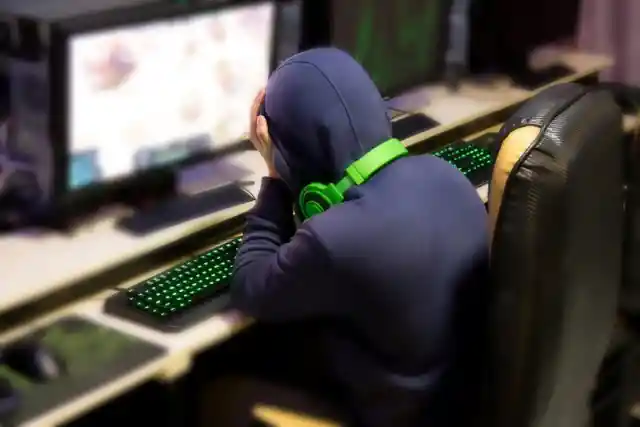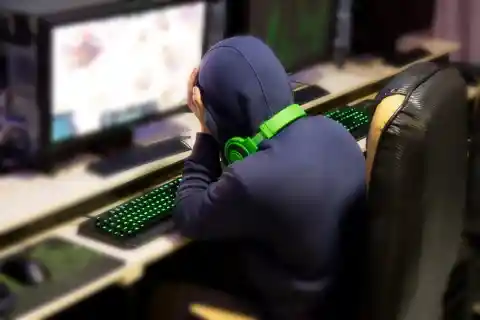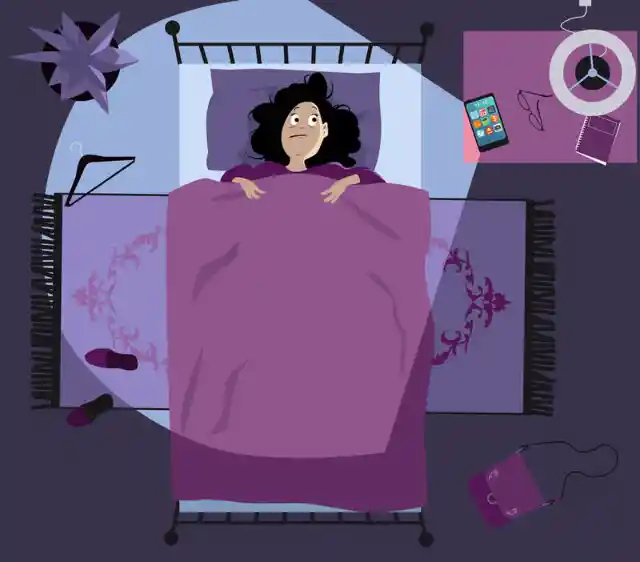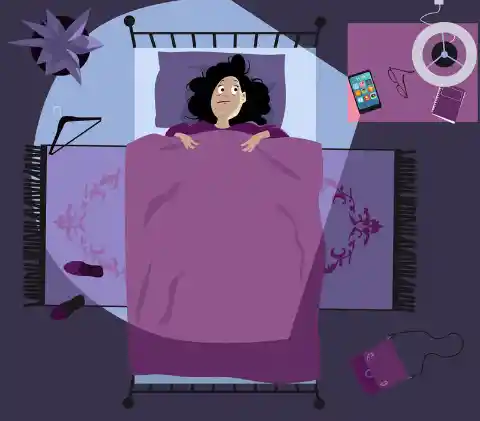(The Article First Appeared on parentsdome.com)
The internet has taken the world, and our lives, by storm. It seems as though we're always sharing our lives through posts on social media.


However, is it really a good thing to share so much on the internet? Could it affect our mental health in the long run? It's important to remember that there are positive and negative effects of sharing with others on the internet.
Engaging and sharing with others online can be a good thing, as it offers more convenience for everyone. You do not have to worry about snail mail and long-distance phone calls.
Nowadays, you can easily reach family and friends through email, instant messaging and social media. In addition, updates on your life can happen in real-time, allowing you to document road trips and special events.
Of course, this is a good thing for users who are responsible with their internet usage.
The Connection Between Sharing Online and Mental Health
Unfortunately, there are several downsides to engaging and sharing with others on the internet.


In 2012 and 2013, the rates of anxiety, depression, and self-harm increased in the United States and the United Kingdom. Research has also found that users, especially girls, are likely to suffer from the “fear of missing out.”
Now, this is not something you're going to want your loved one to suffer from when posting online. You want them to have a great experience, not an experience that leads to feeling left out, anxious or depressed.
The other problem, which you may have recognized, is that social media has become too big to avoid. It's great in small doses, as it allows you to connect with other family members and friends.
Building Offline Relationships
But the expansion of social media has changed the way we look at friendships, family bonds, special events, and even daily activities. A child or teenager who chooses to avoid social media may feel isolated, which can lead to anxiety or depression.


There is nothing wrong with your child or teenager choosing to focus on life outside of social media, but it may be best to explain that they don't have to feel left out, but they can focus on building relationships outside of the digital world.
For example, they can focus on building a bond with their soccer team that doesn't involve the internet, such as going out for pizza after practice.
In addition, your child or teenager may compare their lives to others' lives, which is another aspect of feeling left out. However, you can help them through it by explaining that everyone has their own problems and challenges, but they choose to post the more positive aspects of their lives online.
As you can see, there are good and bad sides to technology and the digital world.
Unfortunately, the internet and social media can be the cause of mental health and self-harm issues in younger users. However, you can teach them to use it responsibly, not to compare and to focus on building relationships offline.